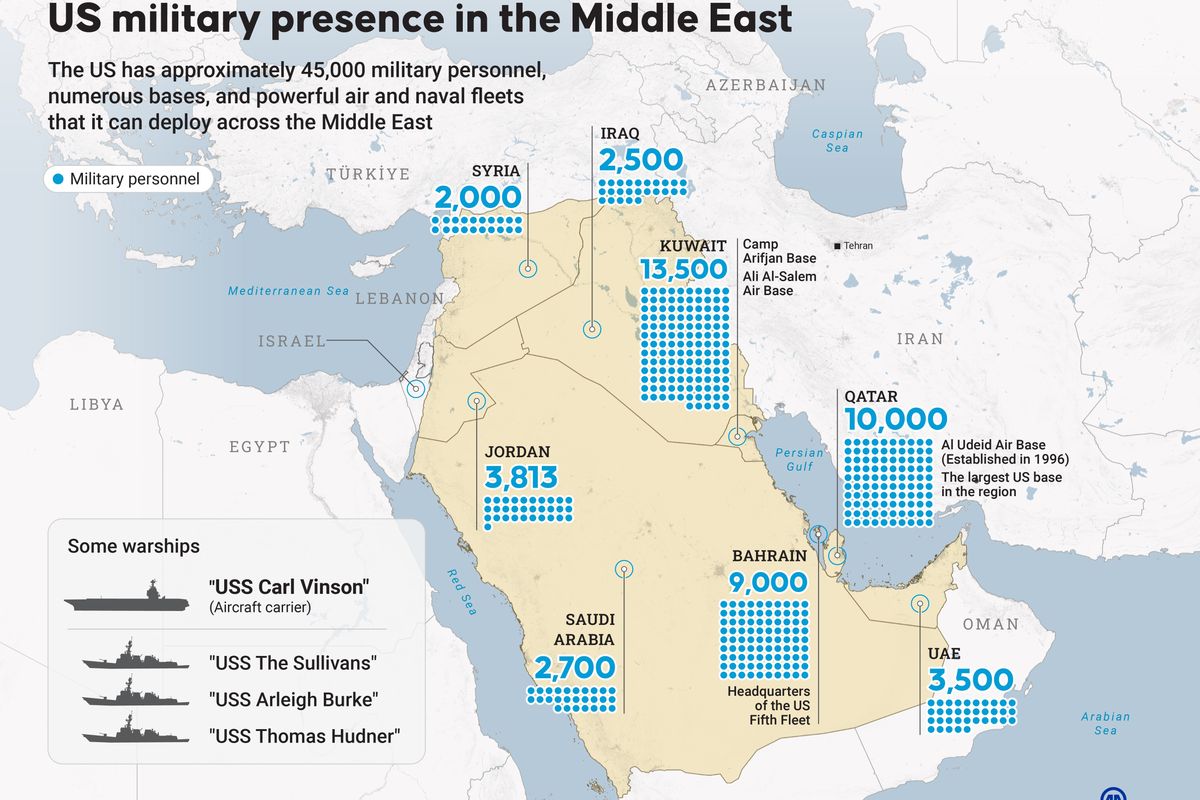Water scarcity is potentially a very stressful issue in Middle East, the most water-contested region in the world. According to World Resources Institute (WRI) rankings, most water scarce countries are in the Middle East, including Bahrain, Kuwait, Yemen, Palestine, Qatar, United Arab Emirates, Israel, Saudi Arabia, Oman, and Lebanon. The region depends heavily on underground aquifers and desalinated seawater for its water supply. Given the rapid depletion of aquifers and the limited supply of desalinated water, it is bound to face exceptional water-related challenges for the foreseeable future. The Middle East is special because it endures high temperatures, which means that water stored at the surface is subject to high levels of evaporation. Climate change is expected to bring an expected 20 percent reduction in rainfall and higher rates of evaporation that will make water scarcer.
Currently, most MENA (Middle-East and North Africa) countries cannot sustainably meet their water demand. Annual renewable water supplies in MENA are approximately 620 billion cubic meters. With growing populations and increasing demand, water availability per capita is expected to be halved by 2050. Ironically, parts of this region (notably the Gulf Cooperation Council countries) have some of the highest per capita water consumption rates in the world. GCC countries also have the largest gaps between renewable supply and demand: According to World Bank data, Bahrain uses 220 percent of its available renewable water reserves, compared to 943 percent in Saudi Arabia and 2,465 percent in Kuwait.
The Middle East is a conflict-ridden region. Cooperation between neighboring countries that is absolutely needed to deal with the water shortage problem is rare. Despite the fact that most of them suffer from a demand–supply imbalance in the water sector and suboptimal water management, no collaborative effort or project has yet been agreed upon.
Demand for water is expected to increase in the MENA region by 50 percent by 2050 because of further industrialization and rapid population growth. Supply is expected to decrease because of environmental and climatic change, and global warming. Climate change is expected to make some areas drier and others wetter. Countries in the MENA region and also in the gulf require environmentally friendly solutions on both the demand and supply side.
In many MENA countries, 85 percent of water is consumed by agriculture. Agriculture consumes an asymmetrical amount of water compared to the other regions of the world. Therefore, it rapidly depletes the region’s already undersized water resources. More water-efficient agricultural practices and irrigation policies would save water so that the limited supply could be used to meet other demands. Climate-smart agricultural practices and better irrigation methods will go a long way in reserving water in the region.
Water security in the region has changed dramatically over the last few decades. Traditionally, water has been a source of cooperation rather than conflict, but more recently, water has become a target of non-state actors in their unconventional methods of waging war. Two recent reports, Water and Violence: Crisis of Survival in the Middle East and The Hydro-Insecure: Crisis of Survival in the Middle East, highlighted the particular challenges for water management and security, and how it impacts general security in the region. Like climate change, water insecurity acts as a threat multiplier and serves to make conflicts more likely.
As Peter Jacques stated, ISIS uses water resources as a weapon against the Iraqi and Syrian citizens. The Islamic State has seized control of the upstream basins of the Tigris and the Euphrates, which are two major rivers. Today, over two million people have been cut off from water in Aleppo. The ferocity of civil war in Syria and the successes of ISIS can at least partially be linked to a four-year drought and water shortages in Syria from 2006-2010. Dwindling water resources and chronic mismanagement forced 1.5 million people, primarily farmers and herders, to lose their livelihoods and leave their land, move to urban areas, and contribute to Syria’s destabilization. Overall, low levels of water security are closely connected to the low levels of development, which serve to create the conditions that can lead to human security issues.
Producing a comprehensive strategy on water security in the GCC countries is an endeavour that is already overdue. In fact, water shortages create opportunities to develop new water-producing technologies and industries. To meet the growing demand, the region will rely increasingly on desalinated water, which is more expensive and energy-intensive. Najib Saab, the secretary-general of the Arab Forum for Environmental Development, offers a practical solution. He suggests that it would be possible to pump seawater into underground storage in the desert and start the desalination process by filtering the water through the sand to remove much of the salt before taking it to a desalination plant.
For the Middle East, these problems are not going to be resolved without serious improvements in the efficiency of irrigation, reforming agriculture, and using pricing to better revitalize efficient water usage. When we look at the strategies on how to mitigate water scarcity, it should be obvious that we need to revisit traditional water management techniques and raise societal awareness in the field of agricultural irrigation. If the “hydro-insecure” nations of the Middle East fail to take action on water security, then we can expect to see further conflict and destabilization of a region, which is already fraught with conflict.















